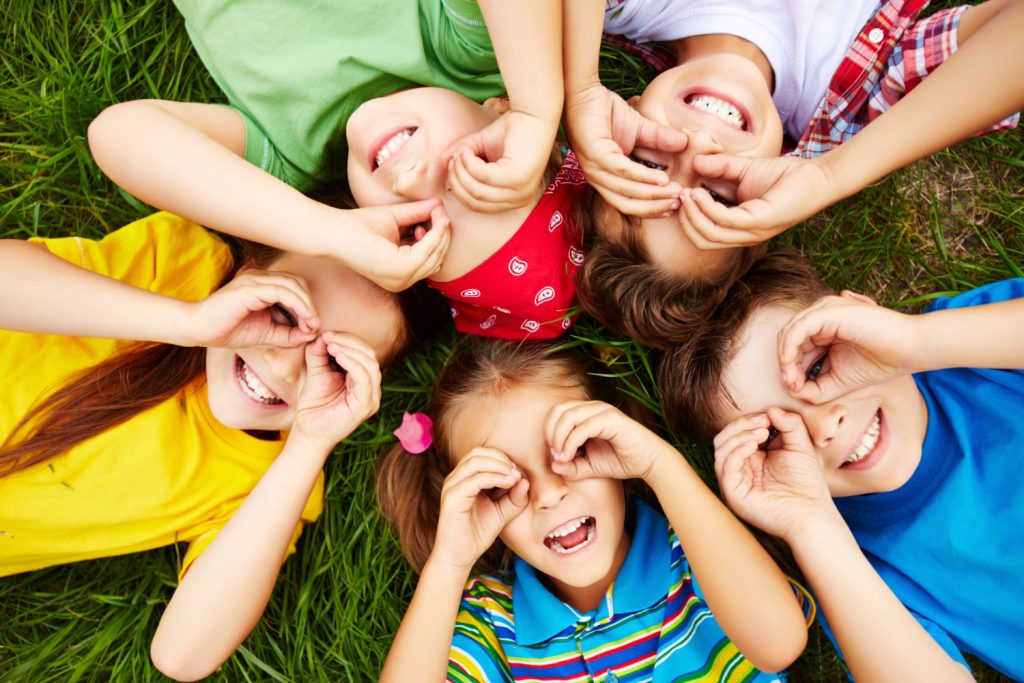
Understanding how a child’s brain develops from infancy to adolescence is crucial for parents, caregivers, and educators. Each child brain development stage builds upon the previous one, shaping cognitive abilities, emotional intelligence, and social skills. The early years are especially important, as the brain rapidly forms neural connections influenced by experiences and environment. By recognizing these stages, caregivers can provide the right support to foster healthy development.
Infancy: The Foundation of Brain Growth
From the moment a baby is born, brain development begins at an astonishing pace. Neural pathways form in response to sensory experiences—touch, sound, and sight—helping the infant make sense of the world. At this child brain development stage, interactions with caregivers, such as talking, cuddling, and responding to cries, play a vital role in shaping emotional and cognitive development. Secure attachment and responsive parenting set the foundation for trust and learning.
Toddlerhood: Language and Independence
As children transition into toddlerhood, their brains become highly receptive to language. They begin recognizing words, forming simple sentences, and understanding basic instructions. Problem-solving skills emerge, and they start exploring their environment with curiosity. Emotional awareness also grows, allowing toddlers to express joy, frustration, and empathy. During this child brain development stage, social learning occurs rapidly, with toddlers imitating behaviors and routines they observe.
Preschool Years: Imagination and Social Development
During the preschool years, children display significant cognitive and motor skill advancements. Their imagination flourishes, and storytelling becomes a natural way to express thoughts. This child brain development stage is marked by a growing ability to reason, recall past events, and regulate emotions. Social skills become more complex as children navigate friendships, cooperation, and early conflict resolution. Play-based learning further strengthens neural connections, enhancing creativity and problem-solving abilities.
School-Age Years: Logical Thinking and Academic Growth
As children enter school, their brains become more efficient at processing information. They develop stronger memory retention and logical thinking skills, allowing them to understand abstract concepts such as time, numbers, and cause-and-effect relationships. This child brain development stage is crucial for academic learning, as children begin applying critical thinking and problem-solving strategies. They also become more aware of personal identity and social roles, developing a stronger sense of independence.
Preadolescence: Emotional Growth and Decision-Making
Preadolescence brings structural changes in the brain, particularly in areas responsible for decision-making and impulse control. This child brain development stages characterized by an increased need for independence, peer influence, and self-discovery. Children become more capable of handling complex emotions but may require guidance in managing social pressures and making responsible choices. Encouraging open conversations and critical thinking can help children navigate this period with confidence.
Adolescence: Maturity and Complex Reasoning
Adolescence is a transformative stage where the brain undergoes significant refinement. The prefrontal cortex, responsible for reasoning and judgment, continues maturing, leading to improved decision-making skills. However, due to ongoing brain development, teenagers may still exhibit impulsive behavior and heightened emotional responses. This child brain development stage also enhances problem-solving, ethical reasoning, and long-term goal setting. Emotional highs and lows, influenced by hormones and social dynamics, make this period both exciting and challenging.
The Role of Environment in Brain Development
Throughout each child brain development stages, external factors play a crucial role in shaping cognitive and emotional growth. Supportive relationships, stimulating activities, and healthy nutrition all contribute to brain function. Encouraging curiosity, problem-solving, and emotional resilience helps children develop into well-rounded individuals. Understanding these stages allows parents and educators to provide the right guidance, ensuring children reach their full potential.
Final Thoughts
The human brain undergoes continuous growth, with childhood and adolescence forming the foundation for future cognitive abilities. By recognizing the milestones of each child brain development stage, caregivers can create nurturing environments that foster learning and emotional well-being. From infancy’s sensory experiences to adolescence’s complex reasoning, every stage is a stepping stone in shaping the individual a child will become.
